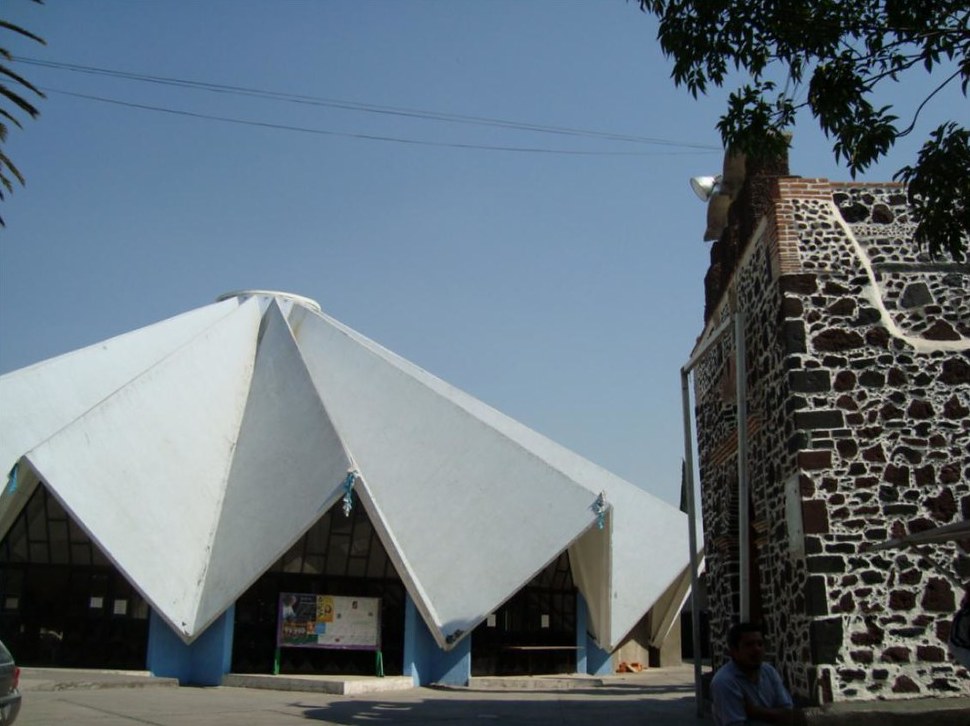
El pueblo de Aculco a veces se llama Santa María Aculco por las iglesias (en la fotografía). Durante la antigüedad, Aculco era una isla, al igual que el pueblo vecino de Atlazolpa. Estos son claramente visibles en el antiguo mapa recreado aquí. Según la leyenda, pudo haber sido el sitio donde el pueblo mexica se refugió al ser expulsado de Chapultepec en 1299.
Hoy la antigua capilla de Aculco es visitada como uno de los 15 Pueblos Originarios de Iztapalapa. La capilla data del siglo XVI, aunque ha sido modificada en numerosas ocasiones. Una de las campanas que cuelgan del campanario abierto está marcada como “1798.”
El cementerio es uno de los más famosos de Iztapalapa por su gran antigüedad. De hecho, todavía estaba enterrando a los fallecidos a mediados del siglo XX. Las obras de arte más notables incluyen uno de los pasos de la cruz, el encuentro de Jesús con la Virgen María y una pasta de caña de la Virgen del Rosario. Probablemente data del siglo XVII.
La más nueva iglesia de la Asunción data del año 2000. Es obvio que habla de la visión de futuro de la comunidad. También aumentó seriamente la capacidad de la pequeña capilla.
El quiosco de la comunidad está directamente al otro lado de la calle en terrenos que probablemente formaban parte de un atrio más grande y antiguo. Hoy es el terreno del fabulosamente circular Mercado Aculco. Ambos son fácilmente accesibles a través de la estación del Metro del mismo nombre.
 +52 (55) 5600 0337
+52 (55) 5600 0337
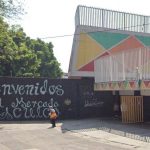
Cercano a 0.10 kms.

Cercano a 0.58 kms.

Cercano a 0.75 kms.
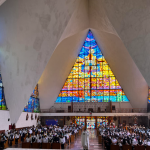
The most spectacular modernist church in the Jardín Balbuena
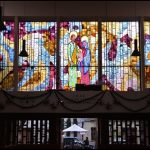
La construcción se inauguró en enero de 1967 y se ha convertido en un centro de oración para los vecinos de la zona.
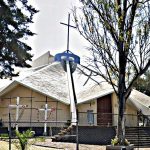
A circular modernist church on the heights over Álvaro Obregón . . .
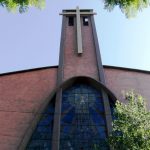
A modernist church in a giant 20th century neighborhood . . .
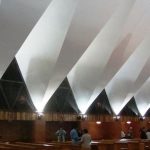
A modernist triumph and neighborhood church in Espartaco, Coyoacán . . .